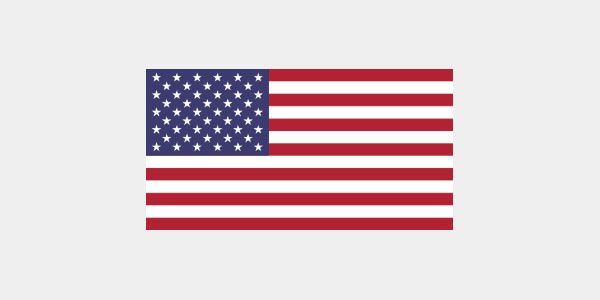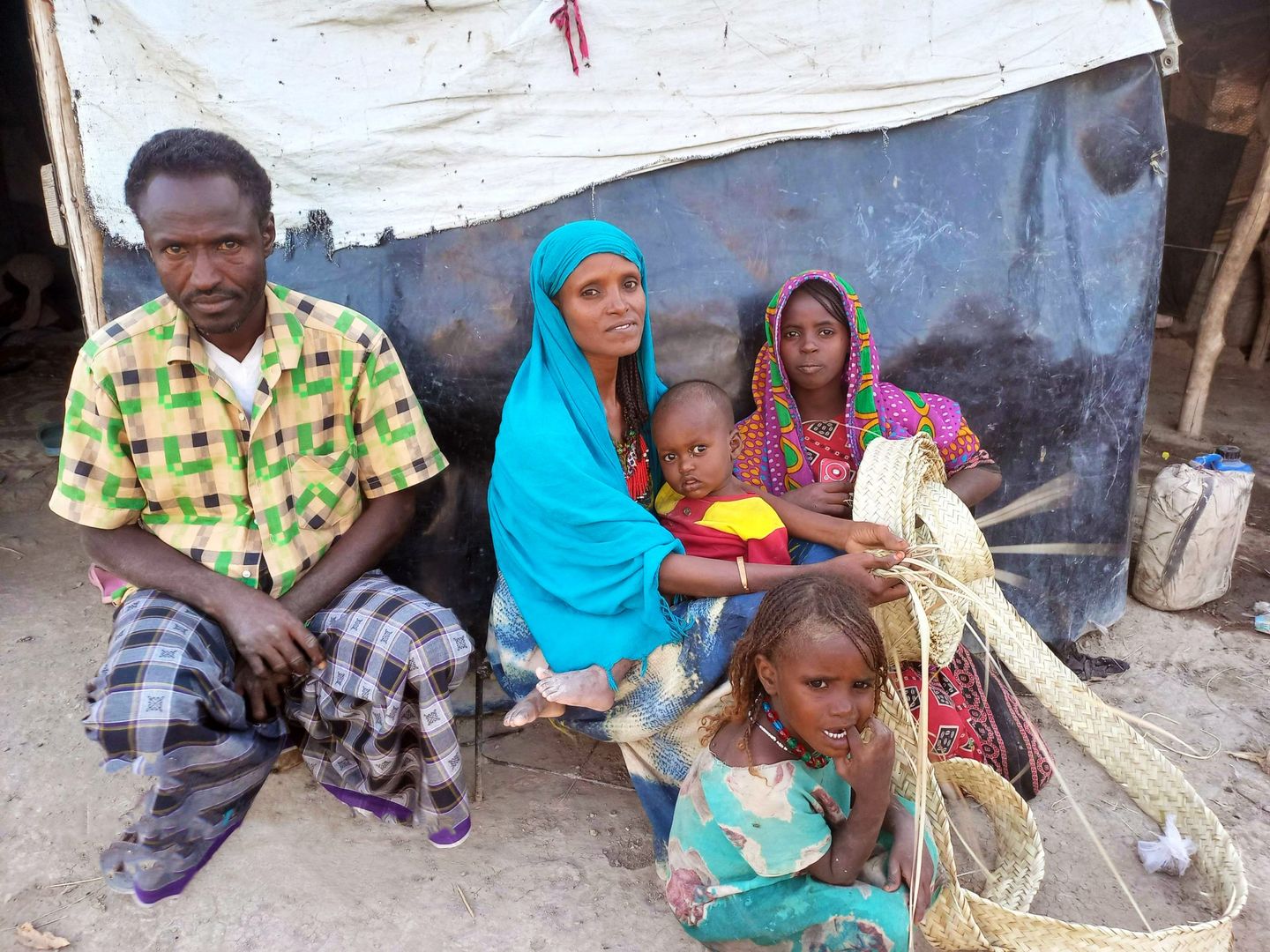When Fatuma Yesuf Ali and her family faced hardship at the refugee camp where they live, Fatuma took action. With support from DCA Ethiopia – and generous funding from the US Department of State – she formed a self-help group with women in a similar situation and she started a business. Now her family has food on the table – and her children are at school.
Fatuma Yesuf Ali came to Ethiopia as a refugee in 2011 at the age of 24. She hails from a village in Bure district in Eritrea. It is an area that is also claimed by Ethiopia – and when disagreements between the two countries erupted into fighting, she and her family experienced things that she plainly describes as ‘horrors’.
Fatuma, her husband, Mohammed, and their three sons were forced to set out on a perilous journey to escape. Eventually the family made their way to the Aysaita refugee camp in the Afar region of Ethiopia. And this is where they still are. Fatuma is now 35.
A warm welcome
Being Eritrean from a disputed area between the two countries, she worried that her family would not be received well in Ethiopia – but she has never experienced anything but a warm welcome from the Ethiopian government and the NGOs operating in the camp.
Fatuma and her family started receiving food aid from the World Food Program when they first arrived. They would get wheat, oil, pulses, and basic sanitary and household goods – and it was enough for them to meet basic needs and keep their stomachs full. But then the food rations were cut in half in 2019.
In the eight years between 2011 and 2019 that they had been at the camp, Fatuma had given birth to four more kids – and the family now comprised nine people. Fatuma and her husband were struggling to put food on the table.
Fatuma takes action
So Fatuma decided that she needed to act – and she started to look for ways of earning an income to support her family.
“I really wanted to start a small business such as selling food, traditional mat production or opening a small shop. I was even telling my neighbours about my plan. But I didn’t know how as I didn’t have any money,” recalls Fatuma.
But then, in early 2022, Fatuma heard about a project that supports refugee women to form self-help groups. The project was run by an organisation called DCA. She knew of DCA’s field workers and approached them to get more information.
Fatuma liked what she heard – and believed that a self-help group was a great opportunity for women such as herself. She therefore immediately set out to form one and in no time she managed to mobilise 20 interested women – and with the support of DCA they formed a self-help group.
Taking lead and saving money
Fatuma was appointed group leader and the women started contributing 100 Ethiopian birr (€1.7) to the group every month. Soon they had accumulated enough money to start producing traditional mats that they could sell.
DCA continued supporting the group of women by building their capacity and inviting them for workshops on business and entrepreneurial skills, financial literacy, and saving and credit knowledge. The trainings were followed up by the release of 100,000 birr (€1,710) for the group through their group bank account to strengthen their internal loan capacity.
“Thanks to DCA, myself and the other women could now access loans and had sufficient funds to start and run different small businesses of their own”.
Fatuma also borrowed money – 4,000 birr (€68) – and used it to buy enough raw material (Dibora) for her to produce more traditional mats and brooms. She continued producing assorted sizes of traditional mat and brooms and sold them at the local market.
“I am now earning around 1,000 birr (€17) per month which is enough to meet my family’s basic needs – we can buy different types of fresh food, sanitary and household goods, clothing, and school supplies for my kids. Even though I am illiterate, I believe in the power of education, and I make sure that my kids go to school”, says Fatuma.
Like Fatuma, other group members are participating in different income generating activities that have proved to be profitable. The collective capital of the group members to run different business activities have reached more than 74,000 birr (€1,265).
Business growth – and new dreams
Fatuma plans to continue her business. When she has made enough money, she hopes to transform and expand her business into a restaurant.
Thinking back Fatuma said her journey as a businesswoman all started when she reached out to DCA staff who told her about the self-help groups. And for that she is grateful.
“The self-help groups helped me achieve my “business dream”, she says.
About the project
Fatuma is a beneficiary of the Food and Livelihood Improvement for South Sudanese Refugees and Host Communities in Afar and Gambella project that is funded by the US State Department’s Bureau of Population, Refugees and Migration (BPRM). The project has two main focus areas.
The project focuses on enhancing food security on the one hand and economic self-sufficiency on the other. It targets vulnerable groups among refugees in the Afar and Gambella regions.
Firstly, DCA provides cash for vulnerable refugees to ensure that they have acces to food and the opportunity to get a diverse diet – an important supplement as many often survive on a very basic diet that often leaves children and vulnerable people malnourished.
Secondly, as part of the livelihood component, which Fatuma is a beneficiary of, DCA aims to strengthen the resilience of beneficiaries by building on their existing resources.
DCA does this by offering support to refugee entrepreneurs by providing entrepreneurial training, equipping them with essential skills such as business plan development, financial management, pricing, and marketing. In addition, DCA provides start-up grants since access to loans and other financial services are virtually non-existent for refugees.


